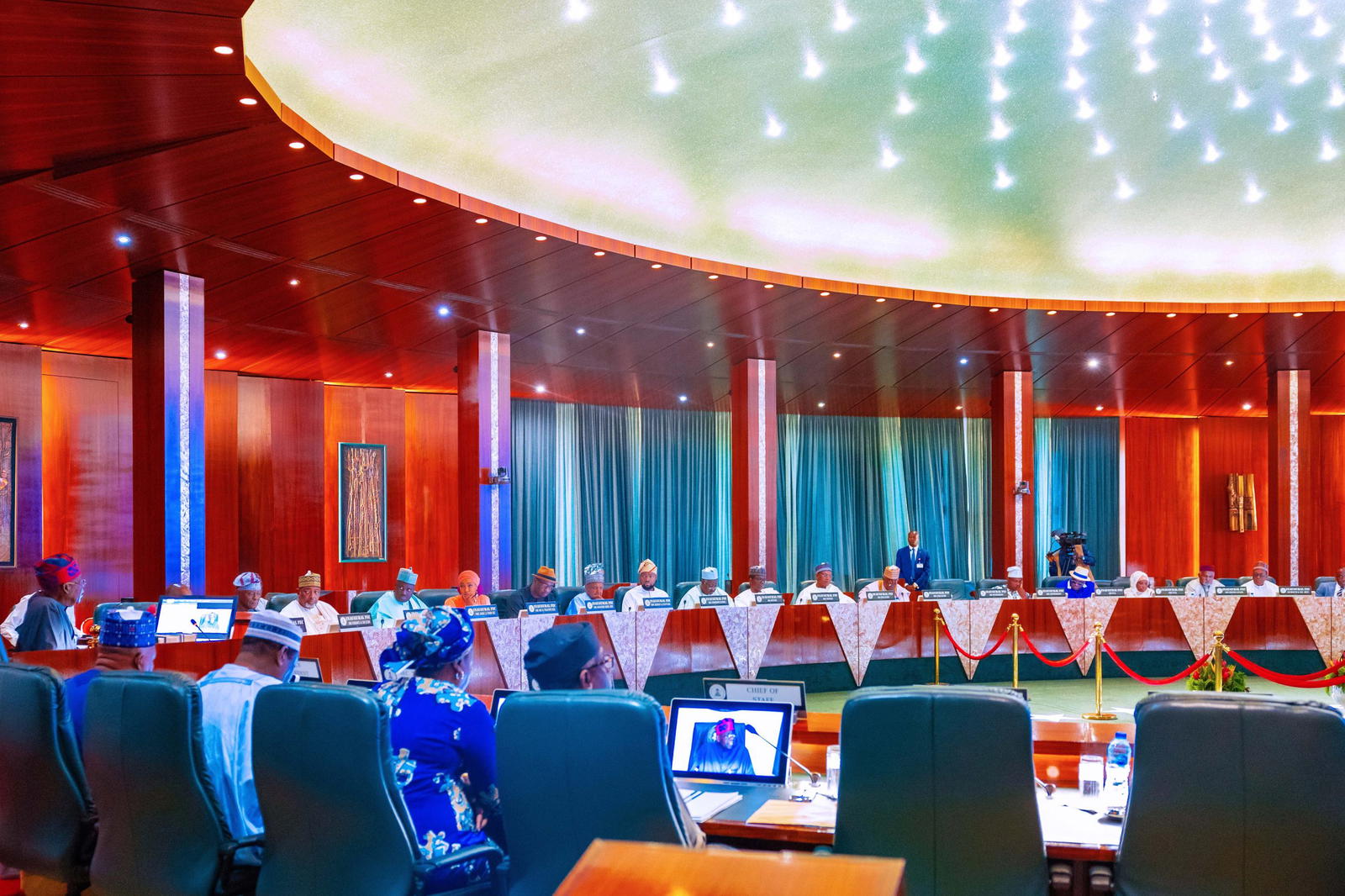FEC. Has Finally Put An End To Poverty In Nigeria, Through The Approval Of Annual $5bn Humanitarian, Poverty Alleviation Trust Fund
FEC. Has Finally Put An End To Poverty In Nigeria, Through The Approval Of Annual $5bn Humanitarian, Poverty Alleviation Trust Fund
During a recent briefing, Edu, the Minister of Finance, disclosed that the government aims to raise at least $5 billion annually for a fund from various sources and hopes to work with other ministries to finalize implementation modalities in Nigeria. In addition, the Minister of Solid Mineral Development, Dele Lake, revealed that the Council approved a draft policy for the solid minerals sector, which covers oil activities, operations, guidelines, regulatory framework, sourcing, mining, and other related dynamics. This approval gives the ministry the power to take specific actions on security measures, fighting illegal mining activities across the country and ensuring Nigeria's economic survival.
During a recent meeting, Alake emphasized the importance of Nigeria's solid mineral sector in the face of global oil market changes, climate change and the shift towards green energy.
However, illegal mining activities pose a significant challenge to the sector, with involvement ranging from artisanal miners to high-level officials.
Security structures are being reorganized to combat this issue, and inter-agency cooperation is being engaged.
As part of this policy, the Solid Minerals Ministry has been approved to act on all matters related to the Solid Minerals sector's deregulation, management, operation, and environmental sanitization.
This approval makes the industry more investor-friendly, ensuring investment security and stability and attracting local and foreign investors.
In addition, the Minister of Finance and Coordinating Minister of the Economy, Wale Edu, presented five memos for funding approval, including five loans totalling N3.45 billion.
These projects were in the power and renewable energy sectors and were approved for concessional loans with zero-interest financing by the World Bank and the International Development Association.
During the meeting, the Council approved funding for states to improve their revenue-generation programs. They also approved three additional financing projects.
The first project is the Adolescent Girls' Initiative for Learning and Empowerment. It aims to support girls from 11 to the secondary school level, ensuring they have marketable skills and academic achievements upon graduation. The second project is for Women's Empowerment.
It continues a previously successful project to empower women by improving their skills and financial inclusion, including in the banking system.
The third project is a fundraising counterparty in transactions with the World Bank and the Ministry of Education as the implementers.
The current project for financing the girl child is worth $700 million, and the Minister of Education, Tahir Mamman, presented and had two memos approved.
The loans total N3.45 billion and have a tenure of around 40 years, with a moratorium period of about 10 years. Some fees will be incurred, but the interest rate is meagre, and some loans have zero interest.
During the Council's deliberations, he emphasized two important matters that needed attention.
The first was the need for additional funding to empower and train adolescent girls in Nigeria.
The government's policy is to focus on the education and empowerment of young girls, and they plan to expand this project from seven to eleven participating states.
This initiative will enable girls between the ages of ten and twenty to be empowered and trained to become valuable members of society.


Comments